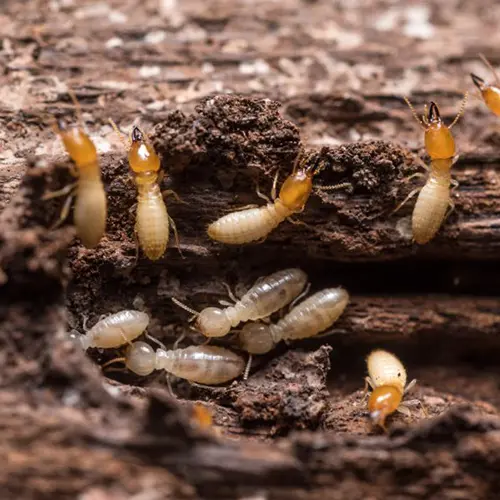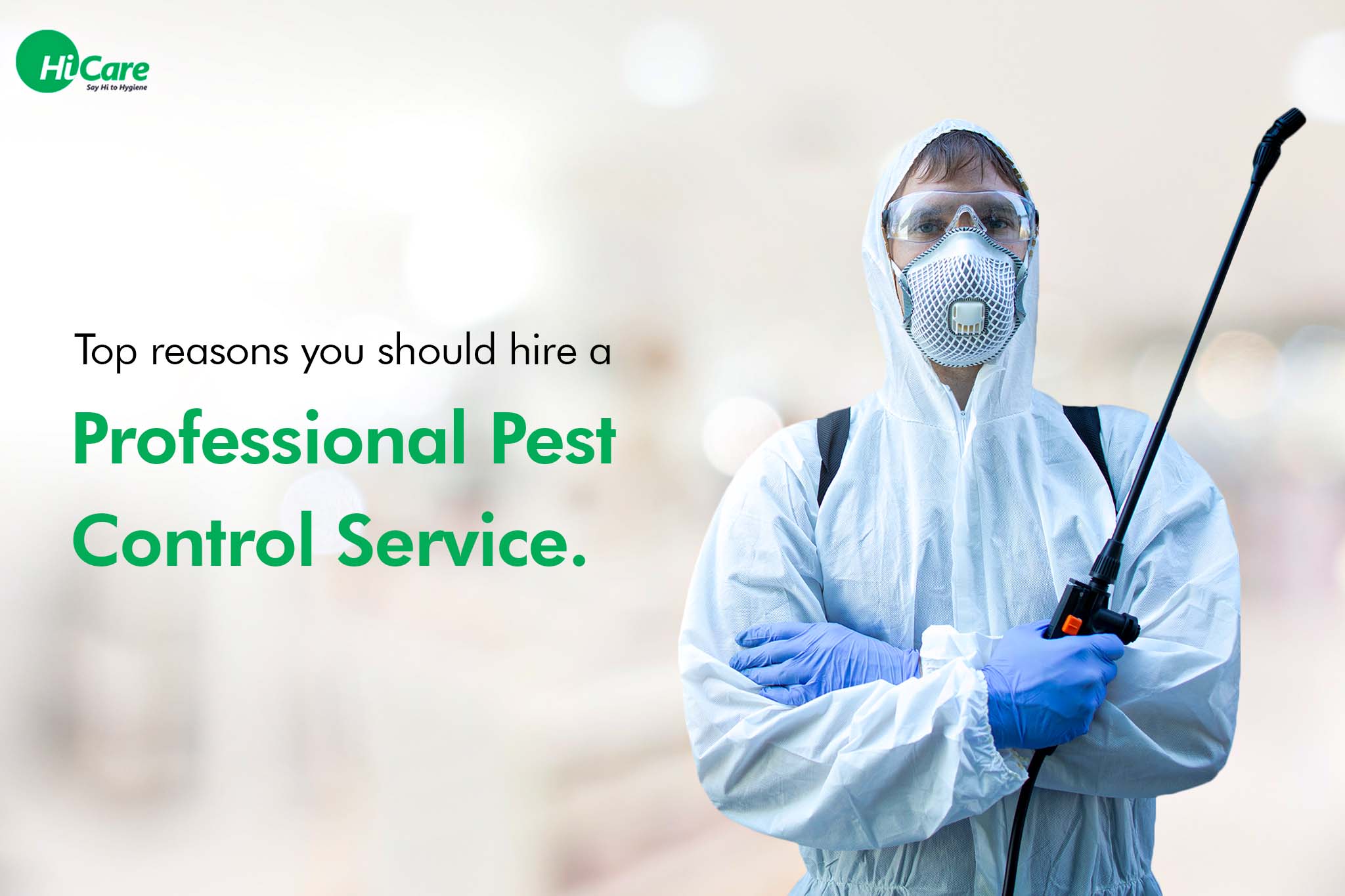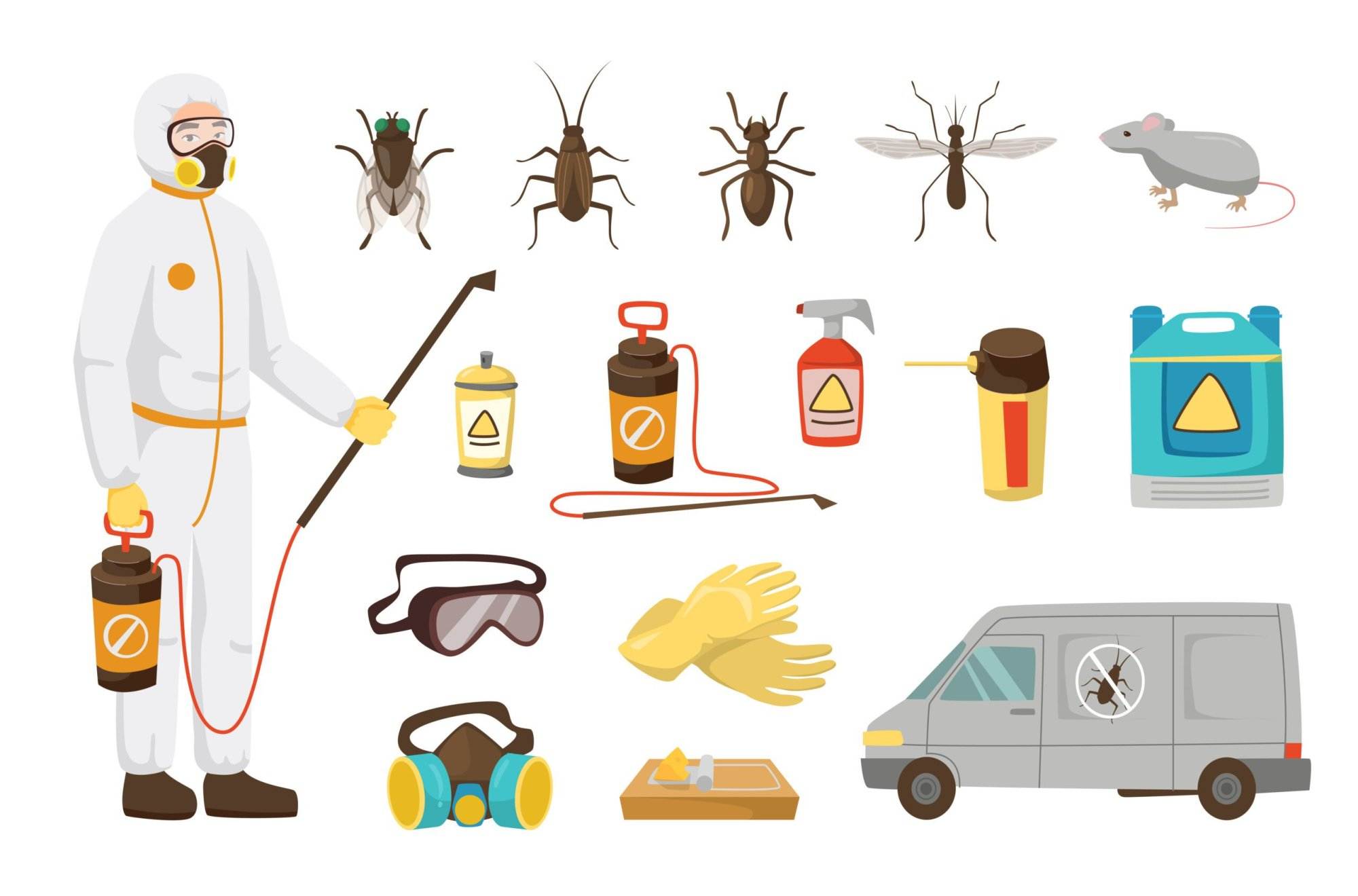Top-rated Pest Control in Charlotte County for Your Property and Company
Uncover the Relevance of Parasite Control in Preserving a Healthy Setting and Therapy Strategies

The Role of Bugs in Communities
Pests, typically viewed only as problems, play a multifaceted function in ecosystems that is crucial for maintaining eco-friendly balance. They add considerably to numerous environmental procedures, including pollination, nutrition biking, and insect control. As an example, many insect types, such as bees and butterflies, are crucial pollinators for a large range of plants, which in turn sustains biodiversity and food manufacturing.
Additionally, insects act as prey for various killers, developing a crucial link in food internet. This interdependence makes certain the survival of various species and assists manage populaces within ecosystems (Termite treatment Port Charlotte). Additionally, decomposer parasites, such as specific beetles and fungi, are crucial in damaging down raw material, thus enriching soil and promoting nutrient recycling.
On the other hand, while bugs can be valuable, their overpopulation or intrusion right into non-native atmospheres may interrupt these environmental functions. This intricacy underscores the importance of understanding pest characteristics, as reliable parasite monitoring methods need to think about both their environmental roles and potential influences on human activities. Stabilizing pest existence while reducing harm is vital for preserving the integrity of ecosystems and guaranteeing agricultural productivity.
Health And Wellness Threats Related To Bugs
The existence of pests in various settings prolongs beyond their eco-friendly functions, as they also posture considerable health and wellness risks to human beings and animals. Numerous parasites, consisting of bugs, rodents, and bloodsuckers, are service providers of illness that can have serious health and wellness implications. Rodents are recognized to transfer hantavirus and leptospirosis, both of which can lead to extreme respiratory and kidney concerns, respectively.
Pests such as insects and ticks are notorious for spreading out vector-borne diseases like malaria, dengue high temperature, and Lyme disease. These health problems can cause high morbidity and mortality prices, especially in vulnerable populations. In addition, pests like vermins and cockroaches can worsen allergic reactions and bronchial asthma, adding to breathing issues in people, especially those with pre-existing conditions.
Moreover, the presence of insects can cause emotional stress and discomfort, affecting general wellness. Contamination of food and surface areas by insect droppings and stays can result in foodborne diseases, highlighting the significance of preserving hygienic problems. Recognizing the health and wellness dangers connected with parasites is crucial in recognizing the necessity of reliable parasite monitoring methods to secure human and animal wellness.

Advantages of Reliable Pest Control
Efficient bug control is important for preserving a risk-free and healthy environment, as it constantly mitigates the various risks connected with bug problems. Among the key advantages of reliable pest management is the reduction of health and wellness dangers. Bugs such as insects, rats, and roaches are vectors for illness that can affect both animals and humans. By controlling these populations, the possibility of condition transmission is considerably reduced.
Furthermore, effective parasite control safeguards property and frameworks from damages. Lots of insects, like termites and woodworker ants, can trigger comprehensive architectural damages that may call for costly fixings. By proactively taking care of these services, infestations and house owners can secure their financial investments.
One more substantial benefit is the improvement of general top quality of life. A pest-free environment contributes to psychological well-being and reduces stress and anxiety associated with invasions. Efficient bug control cultivates a safer environment for children and animals, guaranteeing that homes continue to be refuges cost-free from disease-causing organisms and dangerous chemicals.
Usual Parasite Control Strategies

In the realm of pest monitoring, numerous methods are employed to battle invasions efficiently. These techniques can be generally categorized into 3 primary approaches: social, mechanical, and chemical controls.
Cultural control entails customizing practices to lower bug recreation, website link survival, and establishment. This might include plant rotation, correct cleanliness, and environment control, which jointly create a setting less for pest proliferation.
Mechanical control uses physical approaches to eliminate bugs (Termite treatment Port Charlotte). Strategies such as catches, barriers, and vacuums are typically utilized to straight get rid of parasites from a location. This approach is especially efficient for handling rats and bugs without using dangerous chemicals
Chemical control involves the application of pesticides to manage insects. These compounds can be categorized into herbicides, insecticides, and fungicides, each targeting certain sorts of bugs. It is critical to make use of these chemicals deliberately, sticking to safety and security standards and guidelines to lessen possible injury to non-target types and the atmosphere.
Each insect control technique has its advantages and limitations, and commonly, an incorporated method integrating several methods yields the very best cause preserving a pest-free atmosphere.
Sustainable Parasite Administration Practices
Sustainable insect monitoring methods encompass a pest and control series of approaches designed to decrease environmental impact while properly managing insect populations. These practices focus on the use of environmentally pleasant techniques over chemical pesticides, thereby lowering the danger of injury to non-target types, including beneficial pests, wildlife, and human beings.
Integrated Bug Management (IPM) is a keystone of sustainable techniques, combining organic, cultural, mechanical, and chemical techniques to manage pests. Organic effective termite prevention control involves presenting natural killers or bloodsuckers to suppress insect populaces. Cultural methods, such as plant rotation and polyculture, interrupt pest life process and improve ecosystem durability.
Mechanical methods, such as traps or barriers, can successfully prevent parasite access without chemical treatment. In addition, maintaining healthy environments via proper soil administration, plant wellness, and biodiversity can naturally reduce bug concerns.
Education and awareness are important elements, encouraging people and communities to recognize pest dangers early and apply preventive steps. Termite treatment Port Charlotte. By promoting an alternative technique that stabilizes bug control with eco-friendly honesty, lasting parasite management practices not only protect crops and structures yet additionally add to a much healthier setting for future generations
Verdict

Comprehending the health and wellness risks linked with bugs is important in recognizing the necessity of reliable parasite management approaches to secure human and animal health.
Reliable insect control is important for keeping a secure and healthy setting, as it continually reduces the numerous threats associated with parasite invasions.Integrated Parasite Administration (IPM) is a cornerstone of lasting practices, integrating organic, cultural, mechanical, and chemical methods to take care of bugs. By recognizing the role of pests, identifying affiliated health risks, and employing varied treatment methods, a sustainable technique to pest management can be accomplished. Integrated Bug Administration (IPM) stresses an alternative technique that reduces damage to helpful organisms while efficiently regulating pest populations.